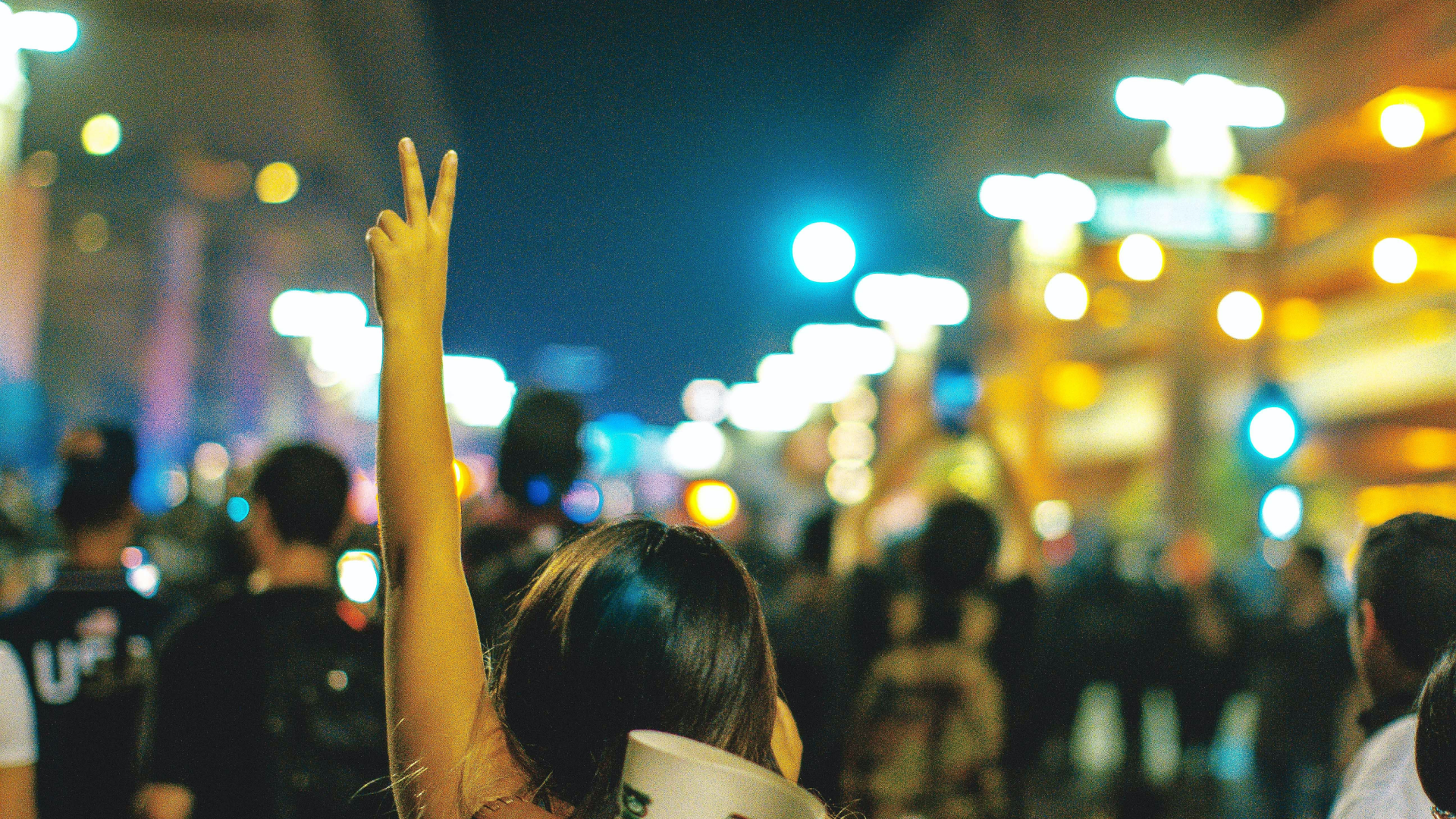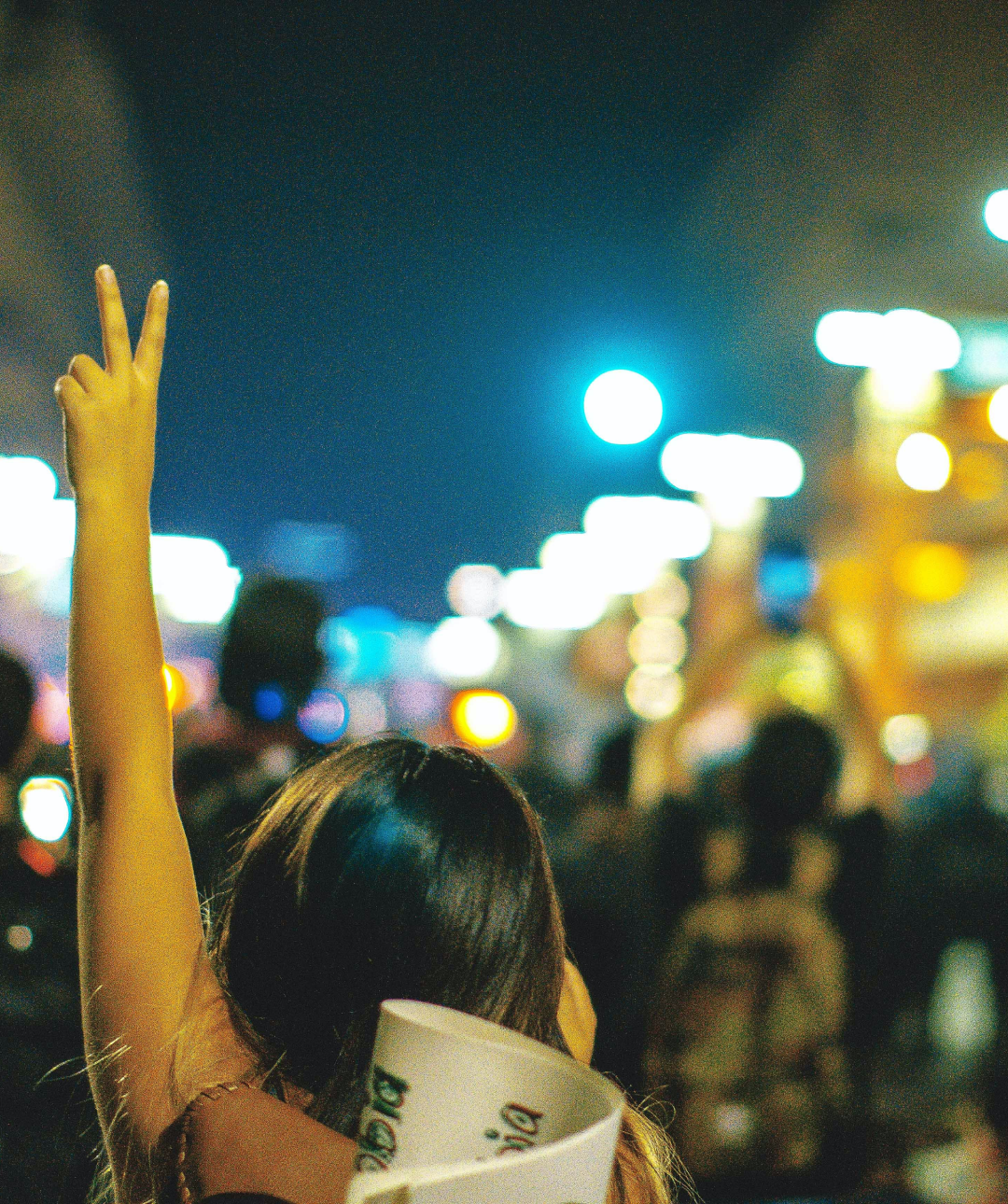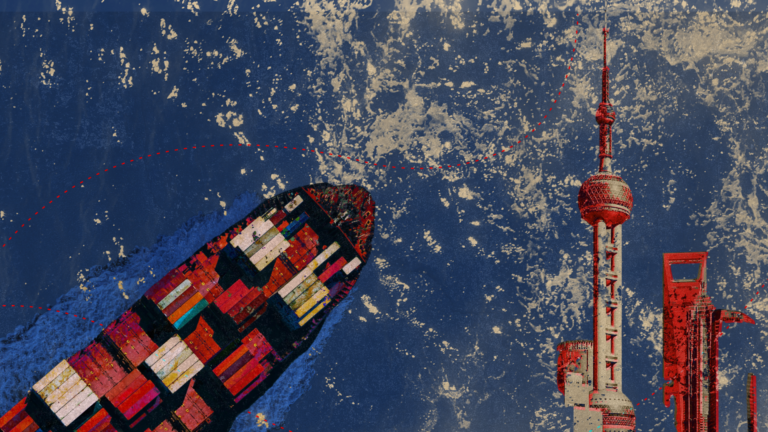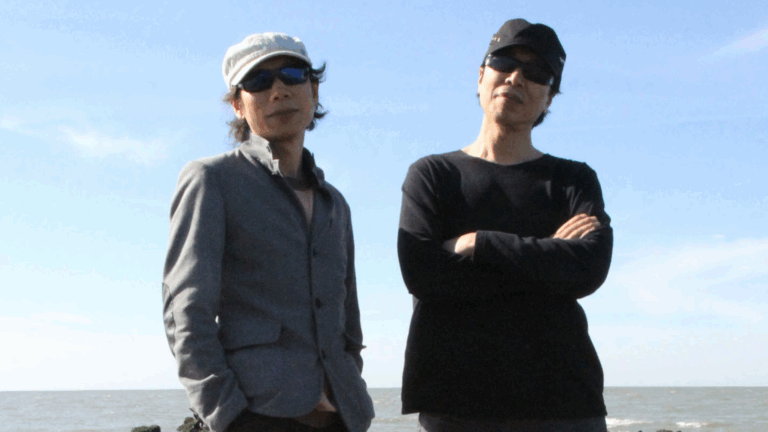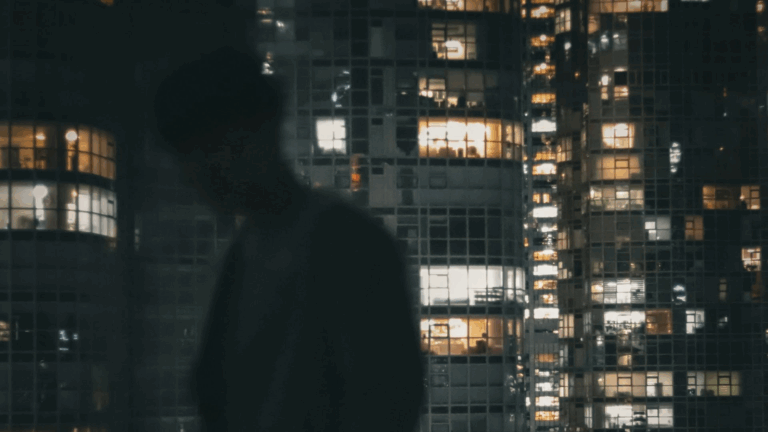The past year has brought remarkable changes in the way we live our everyday lives. In response to the COVID-19 pandemic, most governments have placed restrictions in order to curb the spread of the virus, forcing billions of people to spend more time online, and less time outside. The pandemic has accelerated many trends in technology and entertainment while upending the way we work, play, and relax. It has also had a huge impact on the way we protest and act politically.
As we step into 2021, HRF takes a look back at some of the underlying themes behind the struggle for freedom this year. Many authoritarian governments have seized on the pandemic to tighten restrictions on basic freedoms, going far beyond the recommendations of public health professionals, while activists and protesters have had to adapt to new and challenging conditions, using technology and innovation. The sports and entertainment industries which are often exploited by tyrants to expand their power have come underneath greater scrutiny over the past year, and the role of women in protest movements continues to expand.
As the global pandemic spread this year, many authoritarian regimes around the world refused to acknowledge its severity or mere existence.
Most egregiously, the Chinese Communist Party (CCP) initially covered up the existence of COVID-19, detaining doctors and journalists who tried to alert the world to the virus’ spread and misleading the world about the severity of the disease.
Iranian authorities bungled response to the outbreak — illustrated by deputy foreign minister Iraj Harirchi coughing and sweating while downplaying the pandemic in front of journalists, only to test positive the next day — turned the country into one of three global hotspots for the pandemic outside of China.
Other authoritarian regimes chose to simply ignore the disease. Turkmenistan’s regime banned the use of the word “coronavirus,” while North Korea claimed to be COVID-free. Burundi’s strongman Pierre Nkurunziza claimed that God would purify the country’s air from the virus, only for him to later succumb to and pass away from the disease. Tanzanian strongman John Magufuli called positive COVID-19 results “fake” and encouraged people to congregate in houses of worship to pray away the “satanic” virus.
In Belarus, dictator Alexander Lukashenko joked that vodka and frequent saunas would be enough to solve the crisis. In Nicaragua, the Ortega regime organized “Love against COVID-19” demonstrations that put citizens and even neighboring countries in danger, all while hiding the true number of COVID-19 deaths.
Meanwhile, in Cambodia, while the government was still in denial about the spread of the disease, authorities arrested supporters of the opposition for spreading “fake news” about the pandemic. Lorn Ly was among those arrested for posting a video discussing a case of coronavirus in Cambodia. A total of 17 Cambodians — many of them opposition party supporters and one only 14 years old — were arrested for talking about the pandemic online.
In Egypt, thousands of prisoners of conscience languish in prisons with no protection against COVID-19, even as their health deteriorates in cramped and crowded prisons. At the same time, the Egyptian authorities have started treating prisoners more harshly and harassing the families of prisoners who speak out about the terrible conditions.
Other authoritarian regimes around the globe have used the COVID-19 pandemic to grab more power or impose severe restrictions, often completely unrelated to the health crisis, on basic freedoms.
In Russia, lawmakers approved a new, vague law under the guise of countering disinformation during the pandemic, in order to silence regime opponents who spoke out against Russia’s inadequate measures to protect its citizens. Numerous journalists and outlets were censored for reporting on the coronavirus outbreak and medical workers who spoke out faced retaliation — several mysteriously fell out of windows.
Viktor Orban in Hungary resorted to similar moves, granting himself the power to rule by decree indefinitely and harassing journalists, while the Castro regime in Cuba issued a decree in May ostensibly to prevent COVID-19 disinformation, but really targeting civil society organizations by detaining government critics and opponents.
Yoweri Museveni’s regime in Uganda invoked COVID-19 restrictions on public gatherings to brutally crack down on the presidential campaign of popular opposition candidate Bobi Wine. In Niger, ruling party lawmakers swiftly passed a sweeping new law legalizing limitless interception of electronic communications, officially in the name of enhancing national security and protecting national unity.
Vietnam took the opportunity to restrict freedom of speech during the coronavirus pandemic, throttling internet traffic to Facebook to prevent “fake news,” arresting three prominent members of the Independent Journalist Group, and continuing a crackdown on the Liberal Publishing House.
The past year has been difficult for many people across the world, but activists and human rights defenders have shown remarkable resilience in the face of great challenges. They have adapted to the challenging conditions of the pandemic and used art and technology to galvanize support for their causes.
Authoritarianism may be on the rise around the world, but so is the willingness to stand up to it. As we saw in Malawi, the Supreme Court successfully annulled the elections, leading to a rerun and peaceful transition of power.
Meanwhile, Nigeria, Belarus, and Thailand have inspired millions with their commitment to democracy and human rights. Despite the challenges of the pandemic, activists continue to stand up to dictators and juntas, speaking out against tyranny and oppression by any means necessary.
Moving into 2021, we must continue to support those that are fighting for freedom and democracy. You can help by making a contribution to the Human Rights Foundation today.


